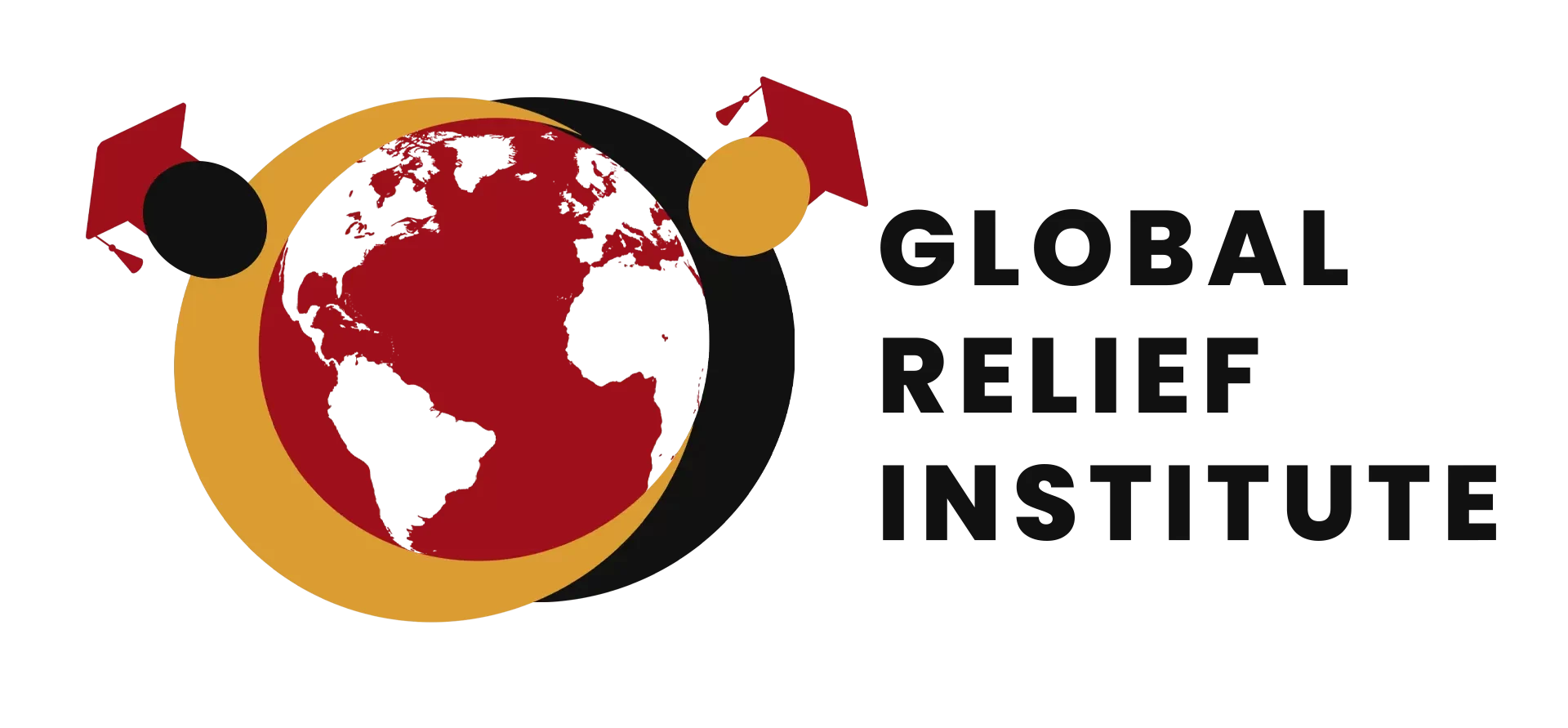Course Overview
International Humanitarian Law, also known as the law of armed conflict, provides rules balance military priorities when engaged with armed conflict in humanitarian conditions and examines the impact of such operations.
Course Objectives
By the end of this course, learners will:
- Have substantial knowledge of International Humanitarian Law
- Know the emerging principles of International Criminal Law that seeks to criminalize atrocities in the battlefield.
Course Content
- Dichotomy between the rules applicable when engaging in armed conflict and the rules applicable to resort to force
- Domestic legal incorporation of International Humanitarian Law
- Normative interplay between law applicable to international and non-international armed conflict
- The role of moral values when advising military command on the application of law in the battlefield
- The principles of international criminal law relating to individual and command responsibility.
- Dealing with violations
- Responding to the consequences of armed conflict
- Limits in armed conflict
- The rules of distinction and proportionality
- The intersection with international human rights laws
- Dealing with child soldiers
- Limits on weapons
Exercises:
After reading course materials, students are expected to complete some relevant exercises and tasks to test their own learning.
Assignments
Students will be required to submit three assignments to demonstrate their understanding of the course content.
DURATION: 3 Months
REGIONS TARGETED: Global
COURSE FEE: €500
ORGANIZERS: GRI
LANGUAGE: English and French
FORMAT: Online Learning
GENERAL COURSE CONTACT:



